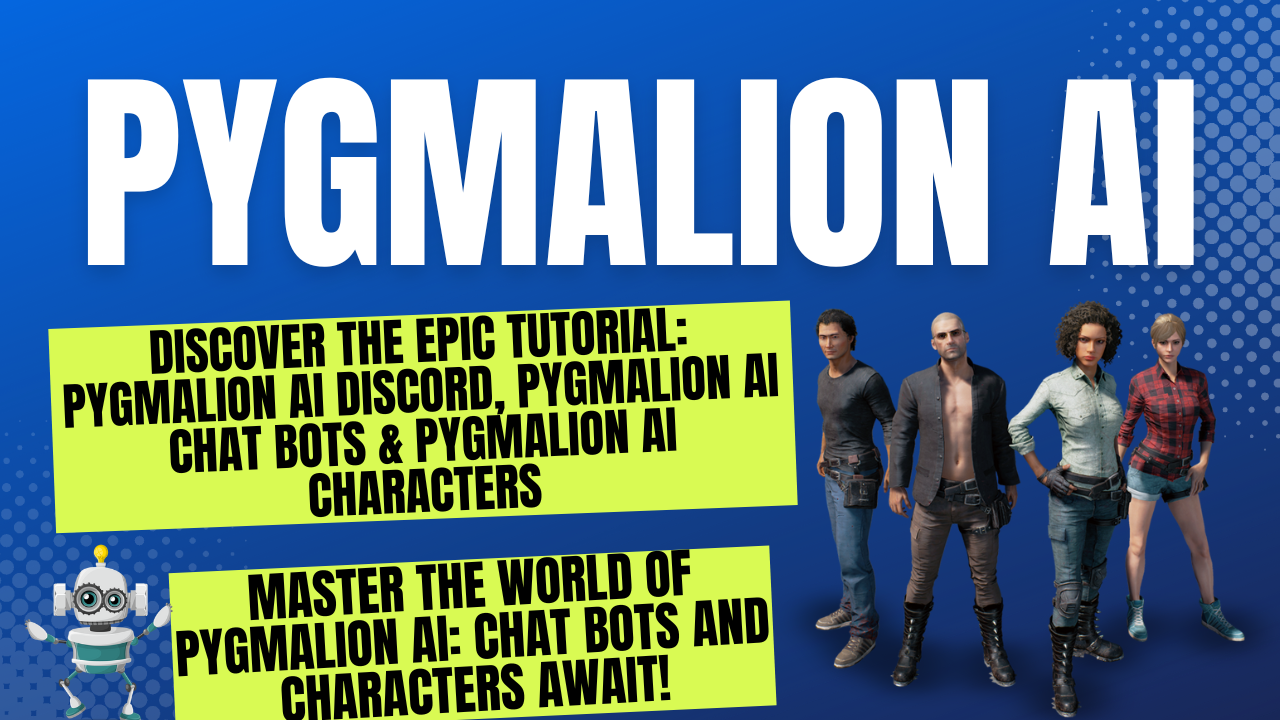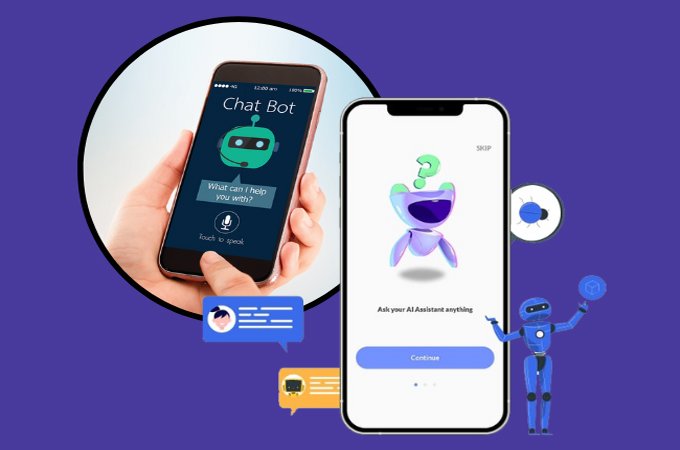In the ever-evolving landscape of artificial intelligence, ChatGPT has emerged as a revolutionary chatbot developed by OpenAI. It leverages cutting-edge language models, specifically GPT-4, to provide natural and context-aware responses to a wide range of queries and tasks. This comprehensive guide aims to provide a deep dive into ChatGPT, from its inception to its latest updates, use cases, controversies, and more.

1. What is ChatGPT?
1.1. Introduction to ChatGPT
ChatGPT is an AI-powered chatbot that stands as a testament to the rapid advancements in natural language processing. Designed to mimic human conversation, it has garnered attention for its ability to generate coherent and contextually relevant text based on user prompts.
1.2. How ChatGPT Works
At its core, ChatGPT relies on generative pre-trained transformers (GPT) technology. It utilizes a massive dataset of text from the internet to understand language patterns and generate responses. The model employs deep learning techniques to predict the most appropriate words and phrases to form responses, creating a chatbot that can engage in meaningful conversations.
2. The Evolution of ChatGPT
2.1. Release Date
ChatGPT made its debut on [Release Date], marking a significant milestone in the AI world. Its release brought forth the potential of AI-driven conversations, opening doors to numerous possibilities.
2.2. Major Updates and Versions
Over time, ChatGPT has evolved through major updates and versions. From its initial release to the integration of GPT-4, it has become more sophisticated and capable of handling a wider array of tasks. These updates have ensured that ChatGPT remains at the forefront of AI technology.
3. Everyday Uses for ChatGPT
3.1. Writing Essays and Content
ChatGPT has found applications in content creation, assisting writers in generating articles, essays, and creative pieces. While it can be a valuable tool, it’s essential to use it judiciously and review its output for accuracy and originality.
3.2. Answering Questions
One of ChatGPT’s strengths lies in its ability to answer questions on various topics. It serves as an information retrieval tool, offering quick responses to queries ranging from general knowledge to niche subjects.
3.3. Programming Assistance
Developers can benefit from ChatGPT’s coding capabilities. It can provide code snippets, debugging suggestions, and programming-related assistance, making it a handy companion for software development tasks.
3.4. Content Summarization
For researchers and students dealing with lengthy texts, ChatGPT offers content summarization services. It can distill complex information into concise summaries, saving valuable time.
4. Advanced Uses for ChatGPT
4.1. Debugging Code
Beyond simple coding assistance, ChatGPT can assist in debugging code, identifying errors, and suggesting fixes. This advanced feature streamlines the software development process.
4.2. Scientific Concepts
ChatGPT can explain complex scientific concepts in a simplified manner, making it a valuable resource for students and educators alike. It bridges the gap between technical jargon and layman’s terms.
4.3. Complex Problem Solving
In intricate problem-solving scenarios, ChatGPT can be employed to brainstorm solutions, providing fresh perspectives and insights.
5. The ChatGPT Ecosystem
5.1. ChatGPT Plus Subscription
OpenAI offers a subscription service called ChatGPT Plus, which enhances the user experience by providing benefits like faster response times and general access during peak usage.
5.2. ChatGPT API
Developers and businesses can integrate ChatGPT into their applications using the ChatGPT API, enabling AI-powered interactions in various domains.
5.3. ChatGPT Mobile App
The ChatGPT mobile app ensures accessibility on the go, allowing users to engage with the chatbot conveniently from their smartphones.
6. ChatGPT Controversies
6.1. Plagiarism and Misinformation
As with any AI-generated content, ChatGPT has faced scrutiny for its role in promoting plagiarism and spreading misinformation. It raises questions about the responsibility of AI developers in content generation.
6.2. Defamation Claims
Instances where ChatGPT generated defamatory content have led to legal challenges, prompting discussions about AI-generated content and legal accountability.
6.3. Educational Bans
Some educational institutions have banned the use of ChatGPT due to concerns about its impact on learning and academic integrity. This highlights the need for ethical guidelines in AI usage in education.
6.4. Legal Implications
Ongoing legal matters related to ChatGPT, including potential lawsuits and regulatory scrutiny, emphasize the evolving legal landscape surrounding AI technologies.
7. ChatGPT and Data Privacy
7.1. Data Processing and Privacy Concerns
The data processed by ChatGPT has raised concerns about user privacy. OpenAI has taken steps to address these concerns, but questions about data usage and retention remain.
7.2. Data Deletion Requests
Users can request data deletion from ChatGPT, reflecting OpenAI’s commitment to data privacy and transparency.
8. Alternatives to ChatGPT
8.1. Competing AI Chatbots
Several competing AI chatbots and conversational AI technologies are emerging, offering alternatives to ChatGPT. Google’s Bard and other platforms are vying for their share of the market.
8.2. Upcoming AI Chat Technologies
The AI chat landscape continues to evolve, with promising technologies on the horizon. Keeping an eye on these developments can provide insights into the future of conversational AI.
9. Conclusion
In conclusion, ChatGPT has reshaped the way we interact with AI-powered chatbots. Its evolution, uses, controversies, and the broader AI landscape it inhabits demonstrate the profound impact of AI on our lives. As technology advances, ethical considerations and responsible usage will continue to be paramount in harnessing the power of AI for the benefit of society.
Frequently Asked Questions (FAQs) about ChatGPT
Here are some common questions and answers about ChatGPT to help you better understand this AI-powered chatbot:
1. What is ChatGPT?
ChatGPT is an AI-powered chatbot developed by OpenAI. It utilizes advanced natural language processing techniques, particularly the GPT-4 model, to generate human-like responses in text-based conversations.
2. How does ChatGPT work?
ChatGPT works by analyzing large datasets of text from the internet to learn language patterns and contexts. It uses this knowledge to generate coherent responses to user queries. It operates on a deep learning architecture called a transformer.
3. What can I use ChatGPT for?
You can use ChatGPT for various purposes, including:
- Writing assistance: It can help you draft articles, essays, or creative content.
- Answering questions: ChatGPT provides information on a wide range of topics.
- Programming help: It can assist with coding tasks and debugging.
- Content summarization: It can generate concise summaries of longer texts.
- Explaining scientific concepts: ChatGPT simplifies complex ideas for better understanding.
4. Are there different versions of ChatGPT?
Yes, ChatGPT has evolved through various versions and updates. OpenAI has integrated it with GPT-4, making it more capable and versatile in its responses.
5. Is ChatGPT free to use?
OpenAI offers free access to ChatGPT, but it also provides a subscription service called ChatGPT Plus, which offers benefits like faster response times and general access even during peak usage times.
6. Can developers integrate ChatGPT into their applications?
Yes, OpenAI provides a ChatGPT API that developers and businesses can use to integrate ChatGPT into their own applications, products, or services.
7. What are the controversies surrounding ChatGPT?
ChatGPT has faced controversies related to plagiarism, misinformation, and the generation of defamatory content. Some educational institutions have banned its use, and there are ongoing legal implications and regulatory scrutiny.
8. How does ChatGPT handle data privacy?
OpenAI takes data privacy seriously and allows users to request data deletion from ChatGPT. However, there are ongoing concerns about data usage and retention.
9. Are there alternatives to ChatGPT?
Yes, there are competing AI chatbots and conversational AI technologies, such as Google’s Bard, that offer alternatives to ChatGPT. The field of conversational AI is continuously evolving.
10. What does the future hold for ChatGPT and AI chatbots?
The future of ChatGPT and AI chatbots is promising. As AI technology advances, these chatbots will become even more capable and integrated into various aspects of our daily lives. Ethical considerations and responsible usage will be essential as these technologies continue to develop.


